2 min read
Gospel-Centered from the Start
“Let us hold unswervingly to the hope we profess, for He Who promised is faithful…Jesus Christ is the same yesterday, today, and forever.” (Hebrews...
5 min read
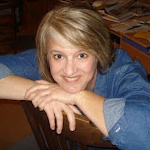 Barbara Comito, former marketing director
:
April 1, 2021
Barbara Comito, former marketing director
:
April 1, 2021
As we mentioned in last week’s post, acknowledging the existence of sin implies a particular worldview – one in which God created the world and has authority over it. He has the right—the responsibility, even—to make the rules, and the rules he makes aren't arbitrary. They are meant to lead us into the fullest, richest lives possible. When we choose to ignore or rebel against those rules, we experience the fallout.
Sin leads to brokenness
—personal brokenness, the decline of society, and most significantly, separation from God. We see it everywhere we look: violence, greed, pollution, loneliness, war, racism and widespread suffering. While our good God created a good world, sin wreaks havoc and destruction.
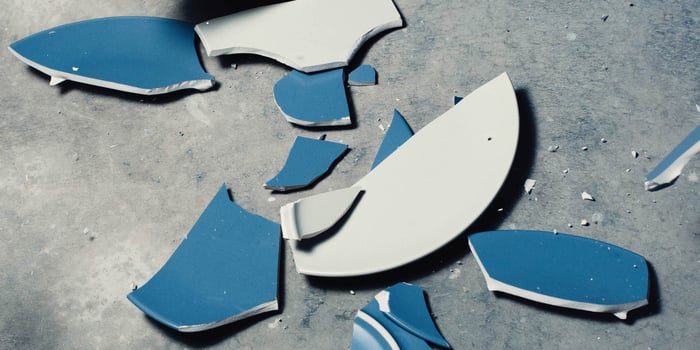 Sin and Homelessness
Sin and Homelessness
When it comes to discussing the connection between sin and homelessness, people most often make one of two opposing errors: On the one hand, people deny any correlation; and on the other extreme, they assume a direct cause-and-effect relationship.
To deny any correlation is to release the person experiencing homelessness from all personal responsibility, which isn’t doing them any favors. If they have no control over their lives and their choices, then they are powerless to change their situation. Well-meaning people with this mindset tend to be enablers, giving and giving, expecting no real effort or progress on the part of the individual. This mindset tends to keep the very people they are trying to help stuck in self-destructive patterns and dependency. (See Toxic Charity or When Helping Hurts for more on this topic.)
To assume a direct correlation is equally dangerous. It disregards the underlying causes of homelessness and puts the housed person in a position of superiority based solely on their living situation—as though the unhoused person’s sin is worse than ours and warrants them living on the streets. (A study by the Washington Post and the Kaiser Family Foundation found that Christians are twice as likely as non-Christians to blame a person for his/her poverty.)
The correlation between sin and homelessness is a nuanced one involving trauma, pain relief and a generational cycle of poverty and abuse. To gain a better understanding, we asked the men in UGM LIFE Recovery to explain the connection from their perspectives.
 AUSTIN: Sin is the main reason I came to UGM. Everything I was doing before I came here was sinful. It was just a lot of debauchery, and everything I did that was sinful started to tear my life apart which is why I’m here. I lost friends. I lost family. I lost my job. We get a lot of freedoms here in America, and I lost some of that. And it’s really hard to get back on your feet after you start losing a lot of that stuff. You lose your support groups. You lose your ability to get to work, to have a job. The next thing you know, you’re going down an even deeper hole and have to come to a place like this… but it’s been a blessing being here.
AUSTIN: Sin is the main reason I came to UGM. Everything I was doing before I came here was sinful. It was just a lot of debauchery, and everything I did that was sinful started to tear my life apart which is why I’m here. I lost friends. I lost family. I lost my job. We get a lot of freedoms here in America, and I lost some of that. And it’s really hard to get back on your feet after you start losing a lot of that stuff. You lose your support groups. You lose your ability to get to work, to have a job. The next thing you know, you’re going down an even deeper hole and have to come to a place like this… but it’s been a blessing being here.
ANDREW: When you get into your addiction or whatever it might be, you’re not setting out to sin. You don’t identify it as sinning. You’re looking for self-satisfaction. It’s a lot of self-satisfaction and inappropriate boundaries, and until you go through it and learn what God is expecting of you, you don’t realize you’re sinning until you’ve hurt people, and then… it’s shameful and you have to live with that and then you keep compounding it with your addictions and things like that. Becoming aware is the first step… You can change it if you recognize it.
ROBERT: I was raised in a very abusive household, and there was a lot of sexual abuse that happened. It really warped my mind at a really young age, so when I got older, the only time I felt loved or accepted or anything like that—the only time I felt worthy of anything was when I was having sex—and that led me down a path to exotic dancing and prostitution and womanizing, and I hurt a lot of people. I hurt a lot of families and I tore up a lot of marriages because I was hurting and looking for something I didn’t understand. I didn’t know what I was doing. All I knew was that I hurt, and I didn’t want to hurt. And I didn’t ever take the time to think that I was hurting other people in the process.
MATT: My whole life I didn’t really have God, so I didn’t really know what sin was. I didn’t know I was sinning. I grew up—both of my parents were alcoholics, so that’s just kind of how I learned to deal with life. If the day was a little hard, I’d drink a little more. And just, not really having parents present…And then I got married and started my own family, and I just found myself doing the same thing. You don’t want to hurt people because you know exactly— you’ve been hurt that way, and you don’t want to do it to other people, but then you get lost in addiction, and you end up hurting people the same way you were hurt, so it’s just like this cycle. And then you feel ashamed—so much shame—because you know exactly what you’re doing because you’ve experienced it… A lot of shame, and then you push everyone away because you don’t want to look at yourself in the mirror. You don’t like yourself, so how can other people like you? So, you push everyone away, and it just fuels more addiction and shame, and it’s just a bad, lonely, depressed place to be.
JAKE: My drinking over so many years affected my family so much. I didn’t realize how much it was affecting my ex-wife, my kids… I took a lot away from my kids and family members just drinking…just constantly drinking. It just brought me to the point that I can’t believe how much I hurt them, how much I left them behind. And that’s what brought me here… all that hurt and pain that I’ve caused other people due to drinking, not thinking it was that big of a deal…. I ended up getting divorced… My kids don’t even talk to me. That’s pretty tough to deal with because I don’t get to see my granddaughter either. Hopefully, I can make myself a better person. That’s why I’m here.
TYLER: No one could guarantee that I was a safe person to be around when I was drinking. One minute I’d be fine, and the next, I’d be blowing up on someone because they dropped a pen wrong. I lost a lot of friendships, a lot of relationships with family. Half my family still won’t even talk to me to this day. Drinking and drugging… you don’t notice the effects until after you sober up, but they’re there.
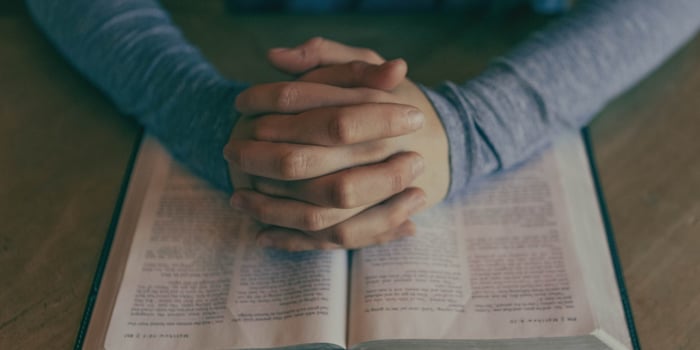
ROBERT: You see God’s forgiveness here through community, so it’s an intangible thing, but when you’re honest about who you are and who you’ve been and the things that you have done, and you see other men accept you and realize that you’re not who you were and they see the change in you, it reinforces the truth of Scripture... We live in a world where you need to see the outworking of God’s love and grace through community, and that’s what we have here in this protected shell. We have the opportunity to come together and pour our hearts out with one another and to accept and receive other people’s love and accept God’s love through them. And it changes you. It starts this snowball effect. You touch the water with your toe, and before you know it, you are swimming in a stream, and you’re no longer this filthy thing that walked in the door. You’re this clean person, and you don’t hate yourself when you look in the mirror. And it gives you hope and a future.
JAKE: I think one of the things too is that you learn that God has forgiven you, but learning how to forgive yourself for what you’ve done— Being here, you’re able to express that and get that out to where you’re not holding that shame and that guilt. You’re learning to forgive yourself and forgive others, so that you’re not going out and doing it again, so you’re staying sober and clean. I think that’s a big issue here—how we’re taught and by God’s example, and he gets with us every day and puts it in us. We are forgiven. And we have to keep that in mind.
If you're interested in learning more about homelessness today, download our free e-book.

2 min read
“Let us hold unswervingly to the hope we profess, for He Who promised is faithful…Jesus Christ is the same yesterday, today, and forever.” (Hebrews...

9 min read
To celebrate 75 years of serving the Inland Northwest, we are spending the year remembering our history and the faithfulness that built us and...

2 min read
In 2026, Union Gospel Mission Inland Northwest is approaching our 75th Anniversary! This is a milestone that invites gratitude and reflection, and...

Sin. What is it and why would a homeless shelter insist on talking about it? Sin is the divergence from the rules and order designed by God....
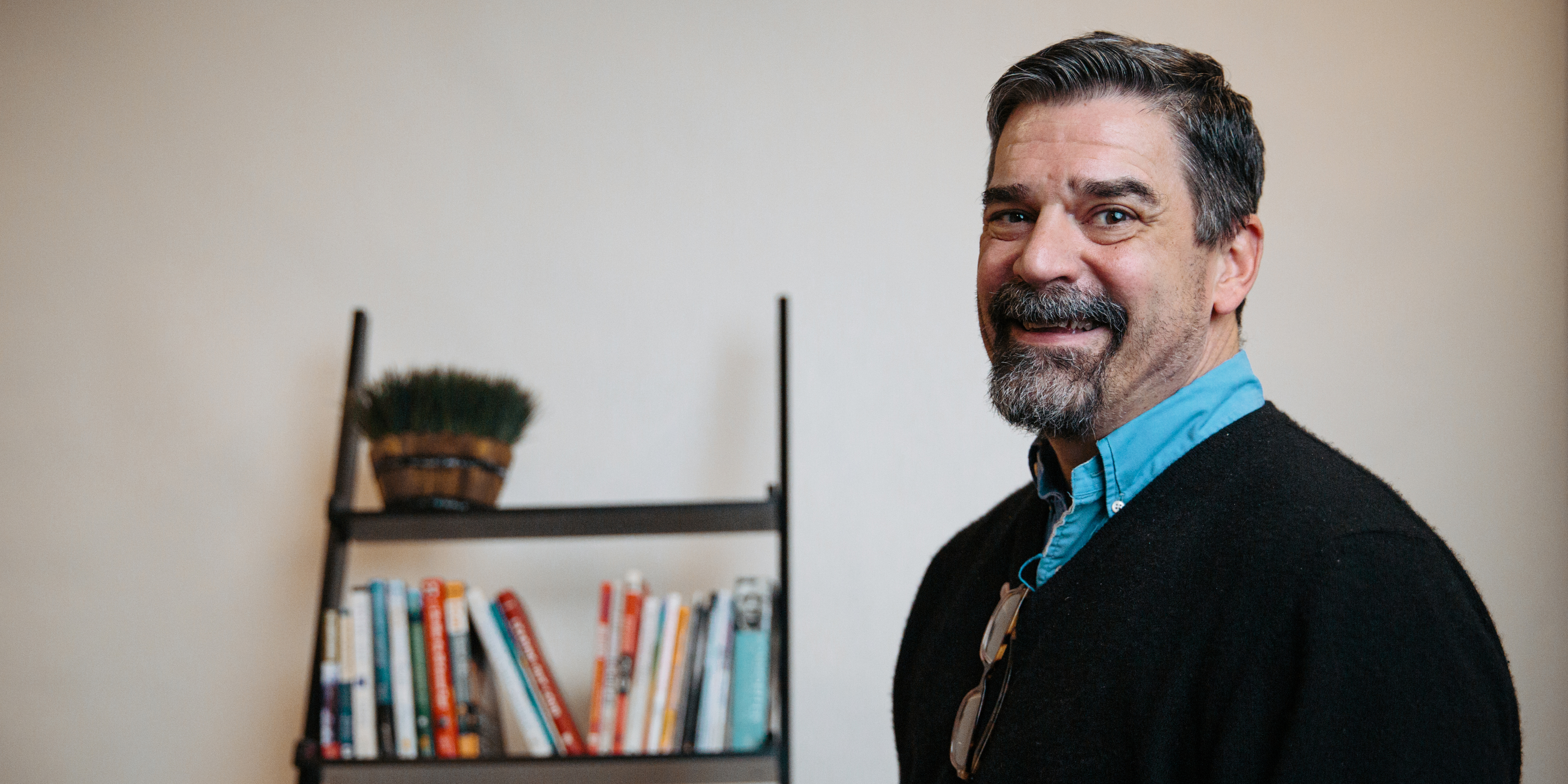
Since its foundation, Union Gospel Mission has existed to offer rest and nourishment to people coming in off the streets. A hot meal, a warm shower,...
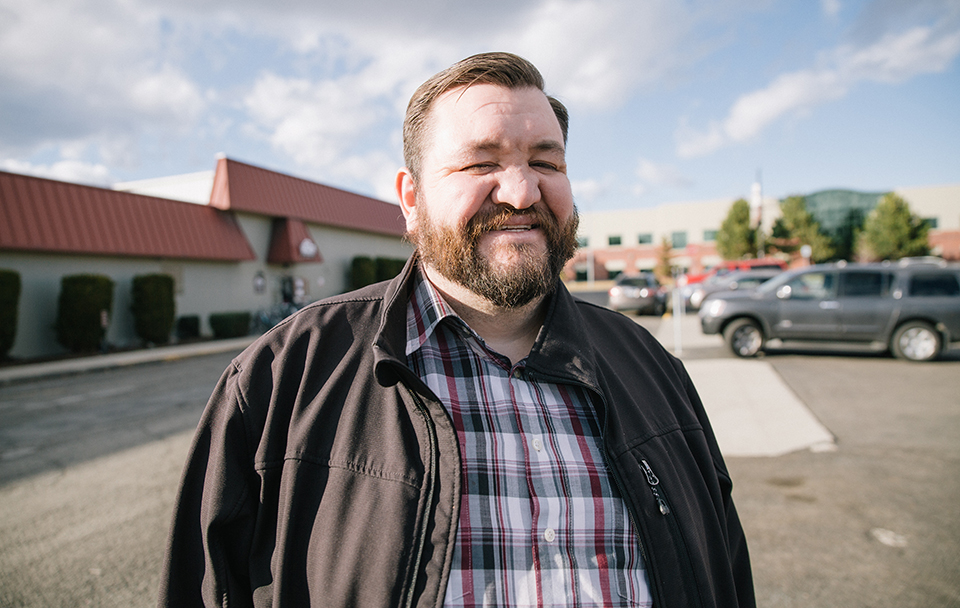
You’ve probably heard us say it before, but we don’t want there to be any mistake: UGM cannot change a person’s heart. Only God can do that. True...